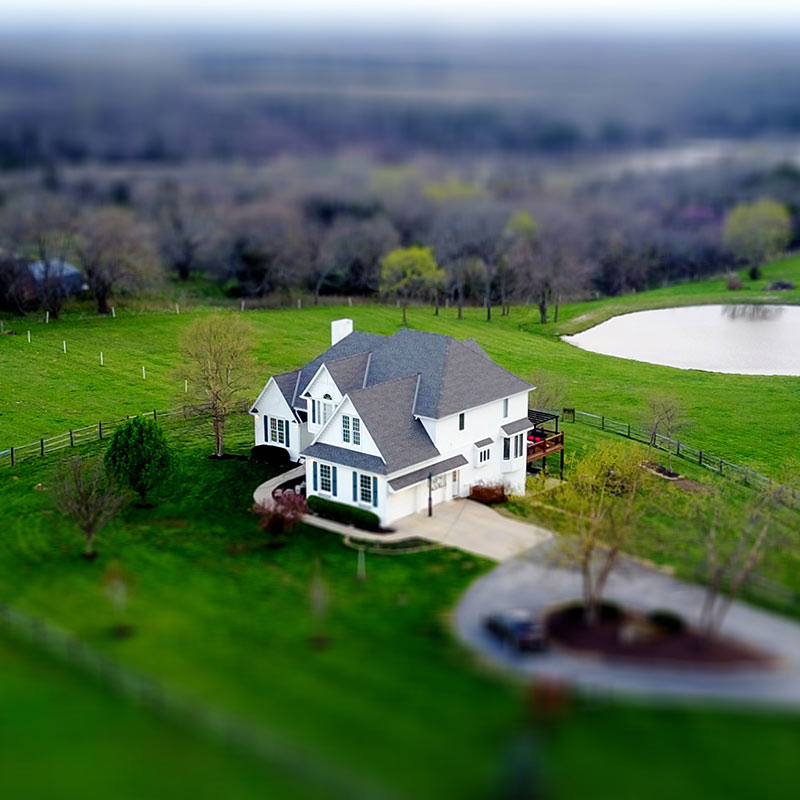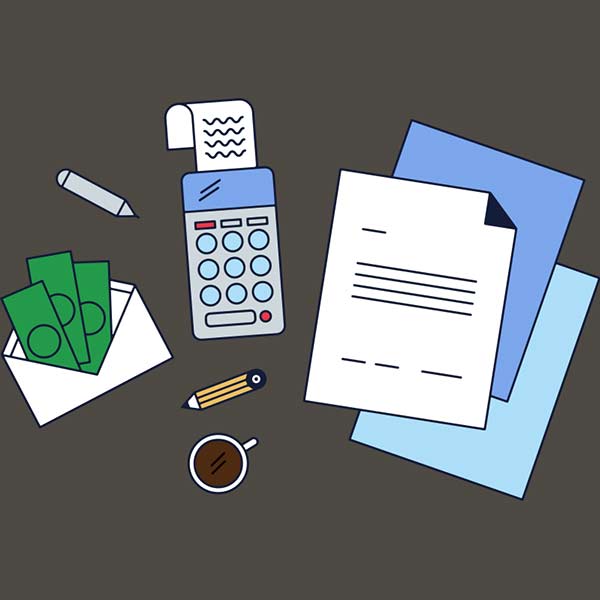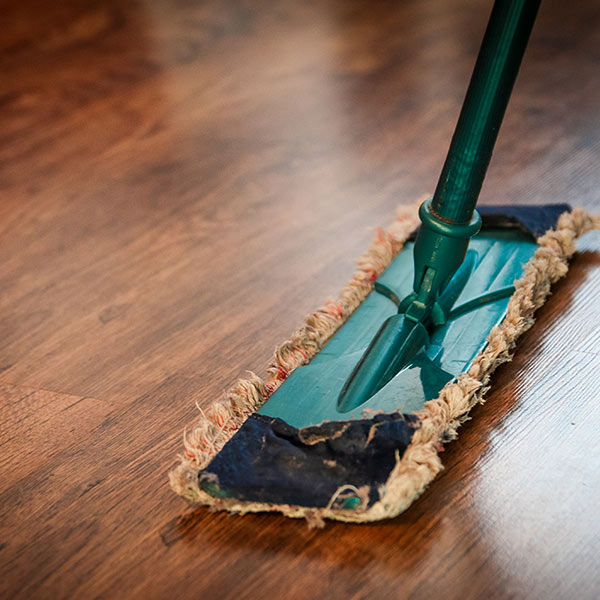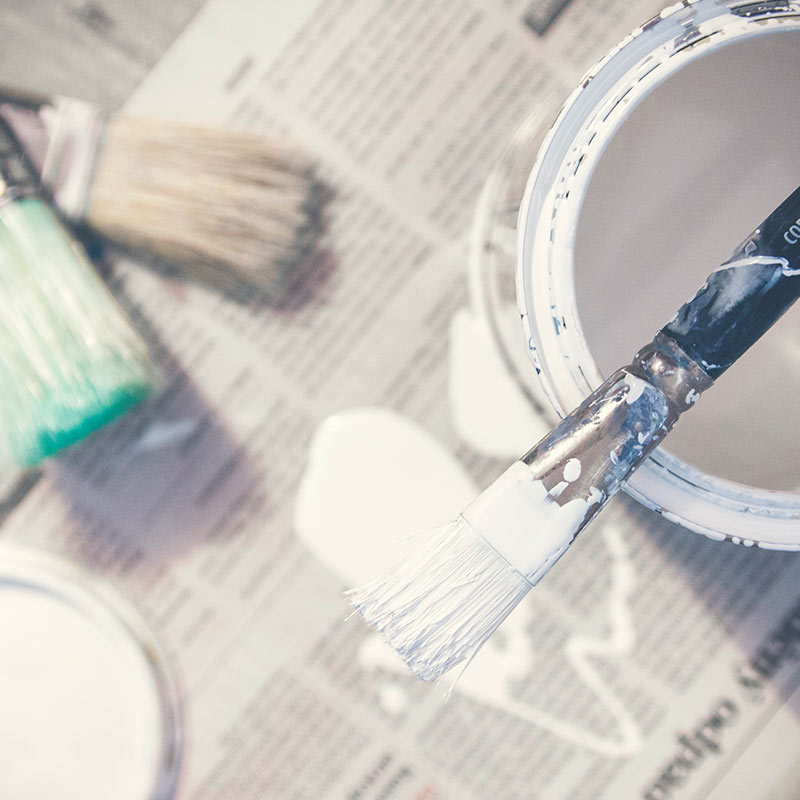Being Overpriced is a Bad Place to Start
By Michele Dawson
 If you’re selling your house, one of the first steps you’ll take is setting an asking price, a maneuver that requires the ability to find the perfect balance between attracting solid offers and ultimately receiving top dollar.
If you’re selling your house, one of the first steps you’ll take is setting an asking price, a maneuver that requires the ability to find the perfect balance between attracting solid offers and ultimately receiving top dollar.
If you’re working with a Realtor or other industry professional, you’ll probably hear talk of fair market value, which typically means the highest value an educated buyer will pay. Fair market value is usually not the asking price.
Many agents will begin by conducting a competitive market analysis of your house and give you an estimate of the fair market value of your home, which is a range that will fluctuate depending on the housing market in your area and how much similar homes in your neighborhood are selling for.
While overpricing to some degree can be beneficial, you’ll still want to be careful and avoid pricing your home too high, which almost always is nonproductive. As you work with your agent and set your price, you’ll want to recognize the factors that may prompt you to raise your asking price too much when it isn’t warranted. Some of those factors include:
• Upgrades have been added. While many home improvements will help you recoup a good chunk of your investment, it won’t give you 100 percent of what you paid. Also, the more personal the improvement—a swimming pool, a sunroom, purple floors—the less likely it will be viewed favorably by potential buyers.
• The need for money.
• You’re moving to a higher-priced area.
• The original purchase price was too high.
• The seller lacks factual comparable sales to prove what the market value is.
• The seller wants bargaining room (listing more than 1-3 percent above market value actually reduces bargaining power).
• An unnecessary move, so you’re not motivated.
On the other hand, if you’re in a buyer’s market,, you’ll really need to be cautious in setting your price.
Generally, the asking price—the price advertised when it goes on the market—is set slightly higher than market value, usually 1 to 3 percent above market value.
You should assume that negotiation will be necessary to reach an agreement with the buyer. If you price your home too much above market value, you’ll get fewer showings and offers in which the potential buyer is fishing to determine how low you’ll go.
You’ll want to establish your priority list: Are you more concerned with selling quickly or getting the most money possible? You’ll also want to contemplate whether you think the agent’s suggested price is reasonable and whether you’d pay that amount if you were a buyer.
Your agent, as well as friends, relatives, and neighbors, will help you point out your house’s advantages and disadvantages that you may not have thought about because you’re too close to the house and not as objective as others.
A third party will help you think of your house as a commodity—something with positive and negative selling points. At that point you can decide on a price that you deem competitive and in line what other houses in your area have sold for.
Copyright © by Realty Times





